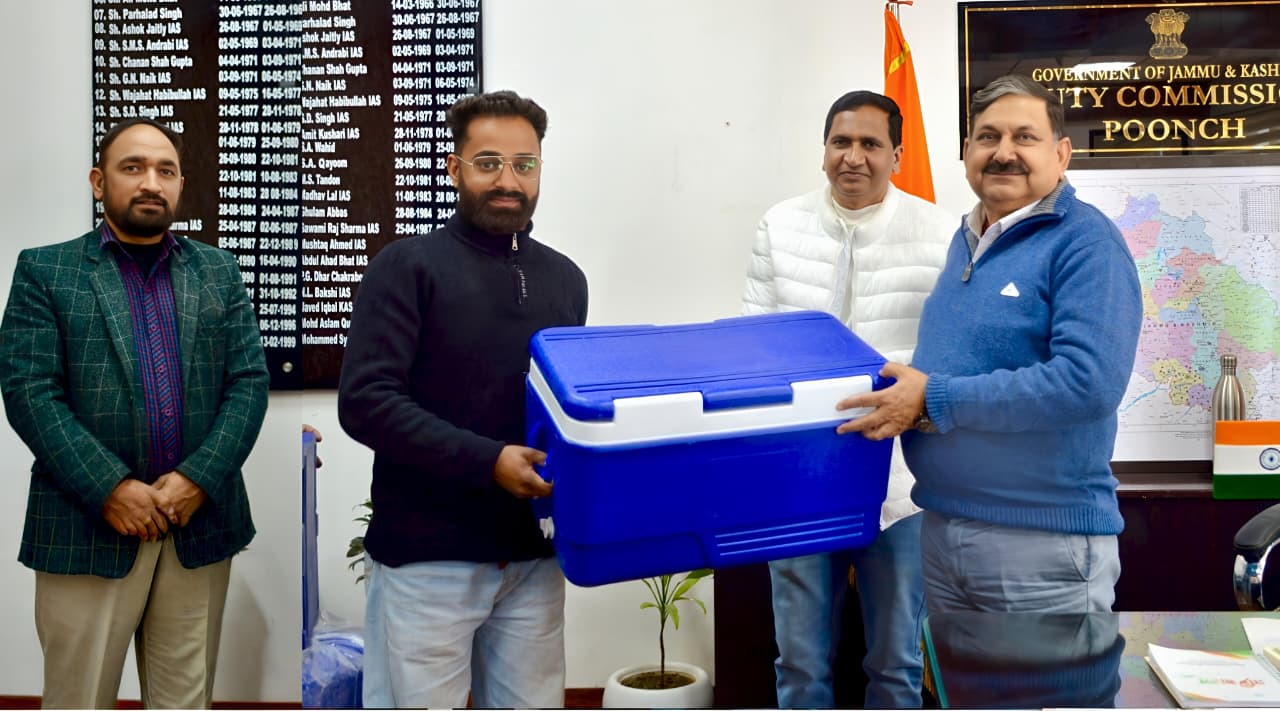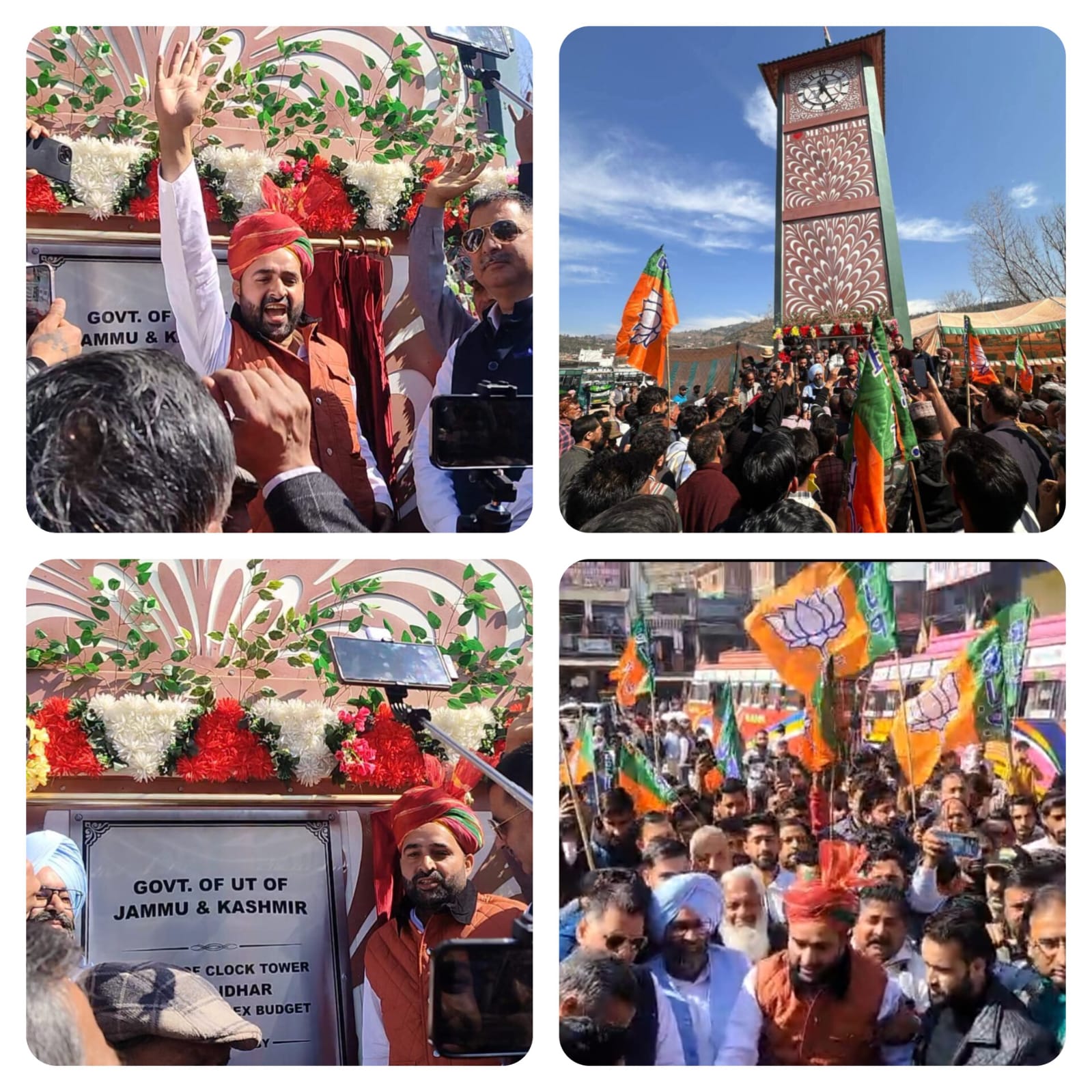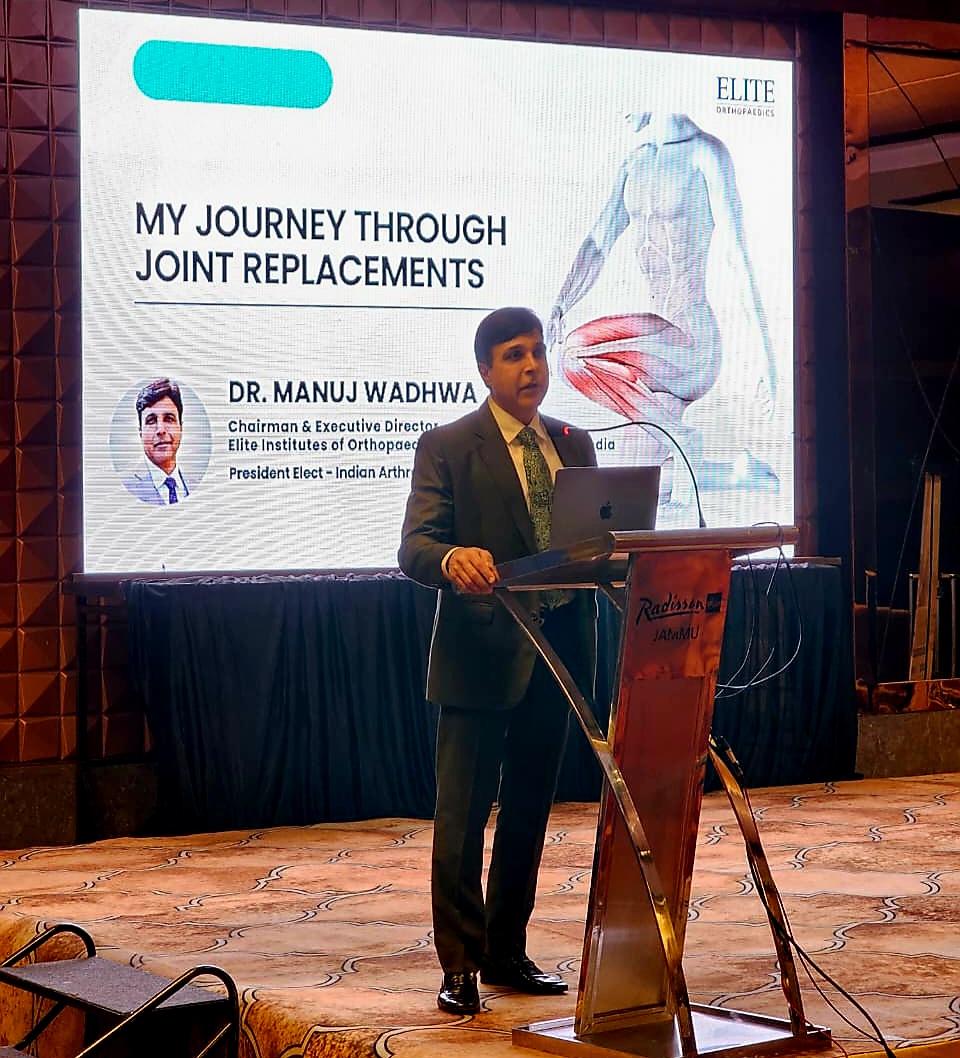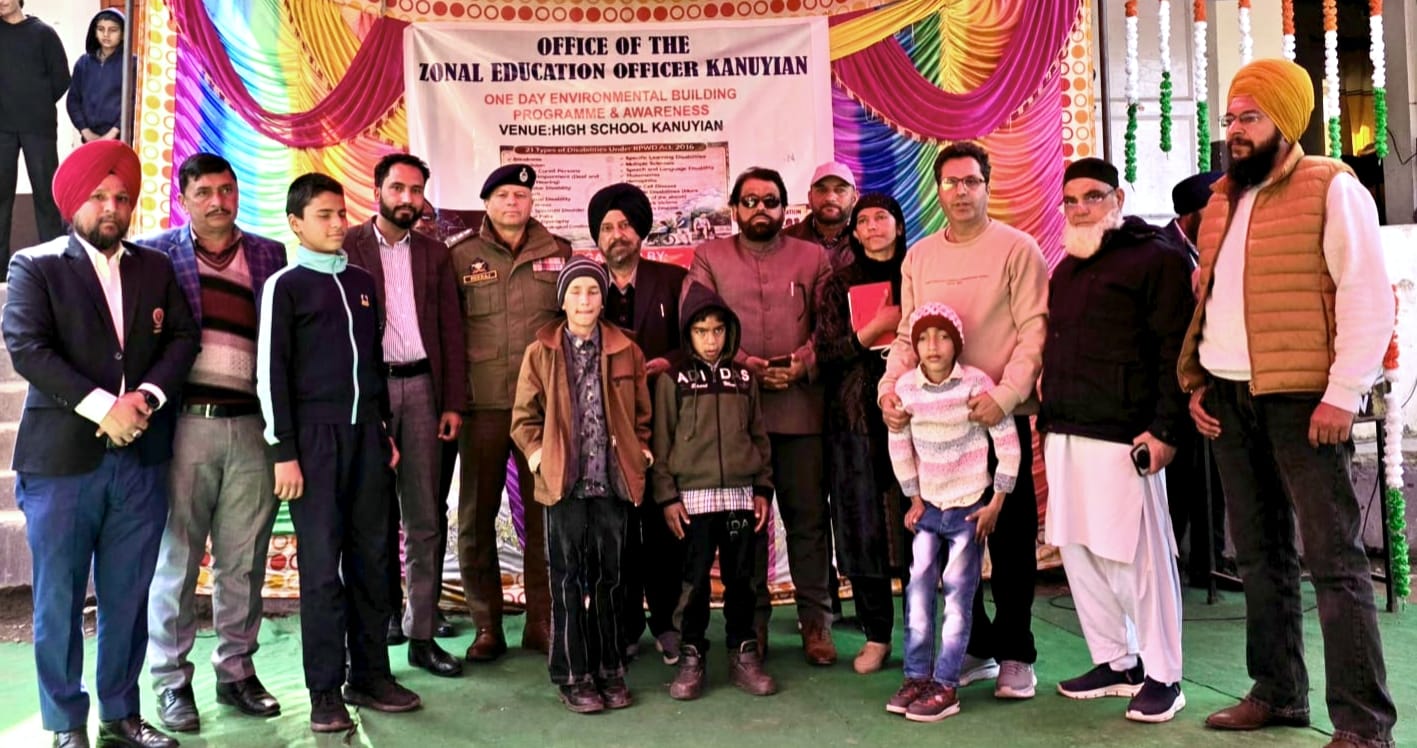GNS ONLINE NEWS PORTAL
**Public interest must be prioritized over private interest**
JAMMU, JAN 02: In a significant judgment, High Court of Jammu & Kashmir and Ladakh has held that scope of judicial review in the tender process is extremely limited and court being the guardian of fundamental rights is duty bound to interfere only when there is a strong foundation of arbitrariness, irrationality and mala fide.Jammu local businessesJammu and Kashmir tourism
Moreover, High Court has reiterated that conditions of the tender cannot be tailor made to favour a specific party and to exclude all others from the bidding process and that public interest must be prioritized over private interest.
These observations were made by Justice Wasim Sadiq Nargal while dismissing petition filed by M/s K P Singh Lau through its proprietor Kavinder Pal Singh and Charanjit Singh challenging rejection of their bid for transportation of petroleum products by Bharat Petroleum Corporation Limited (BPCL).
The petitioners claimed that they have been participating in the tender since last many decades and the respondents have rejected the tender on baseless and frivolous grounds. Moreover, it was submitted by them that right from the issuance of first tender to the third tender dated 20.03.2024 that the respondents have hatched conspiracy since the very beginning to ensure that contract is awarded to some particular persons.
It was further submitted that vehicles of the petitioners have not been accepted in the tender for the reason that they are not falling within the timeline as proposed in the notice inviting tender and such ineligibility has accrued due to inordinate delay on the part of the respondents.
However, the respondents submitted that petitioners after having participated in the selection process and having failed to be declared as the successful bidders have turned around and thrown the challenge on the tendering process. “The tendering process has been finalized and the contract stands already allotted to successful bidders and in the absence of the impleadment of the successful bidders to whom the contract stands allotted, the reliefs sought in the writ petition cannot be granted”, they added.
After hearing both the sides in length and perusal of record, Justice Wasim Sadiq Nargal observed, “the law is well settled that the Constitutional Courts do not sit as appellate authorities to review the merits of the decisions made by the Government or its agencies but rather focus on the legality and procedural regularity of the decision making process”.
“The court being the guardian of fundamental rights is duty bound to interfere when there is a strong foundation of arbitrariness, irrationality, mala fide and bias. However, in the instant case, the petitioners have failed to make out a case under the ambit of these principles and in absence of any strong foundation of arbitrariness, irrationality, mala fide and bias, this court refrains from showing any indulgence in the instant matter”, Justice Nargal said.
About whether right is accrued to an ineligible party to challenge the terms and conditions of the tender, High Court said, “the petitioners have alleged that the eligibility criteria as reflected in the tender notice—the descending age of the vehicles, and as contended by the respondents that the vehicles have rendered old, is without any rationale and logical basis. However, perusal of record reveals that this criteria was adhered to for allocation of Tank Lorries of the successful bidders strictly as per the terms and conditions of the tender document, which was published by the Central Procurement Organization”.
“It is on the basis of the same clause that 4 out of 17 offered Tank Lorries of one petitioner have been selected. Thus, the petitioners cannot blow hot and cold in the same breath as the petitioners are beneficiary of the said criteria”, High Court said, adding “even otherwise, the law has been settled at naught by the Apex Court in authoritative pronouncements that for the convenience of the parties participating in the tender process, the terms and conditions cannot be tailor-made to suit their eligibility”.
About the scope of interference by a Constitutional Court in tender matters involving substantial public interest, High Court said, “in the context of tender cases, particularly those involving significant public interest, the scope of interference by the Constitutional Court is notably limited. Legal precedents establish that allegations of mala fide must be specific and demonstrable, and the individual against whom such allegations are made must be included as parties to the proceedings”.
“However, despite the petitioners having alleged mala fide against the respondent-Corporation, have not arrayed any party-respondent by name as is essential as per the observations made by the Supreme Court in various judgments”, High Court said, adding “it is no more res integra that the power of the judicial review will not be permitted to be invoked to protect the private interest at the cost of the public interest, or to decide a contractual dispute”.
The High Court further said, “it is a settled law that a person who consciously takes part in the process of selection cannot, thereafter, turn around and question the method of selection and its outcome and in the instant case the petitioners gladly and voluntarily participated in tender and before or during the process they never agitated against the terms and conditions”.
With these observations, High Court dismissed the petition.














 Users Today : 7
Users Today : 7 Users Yesterday : 622
Users Yesterday : 622